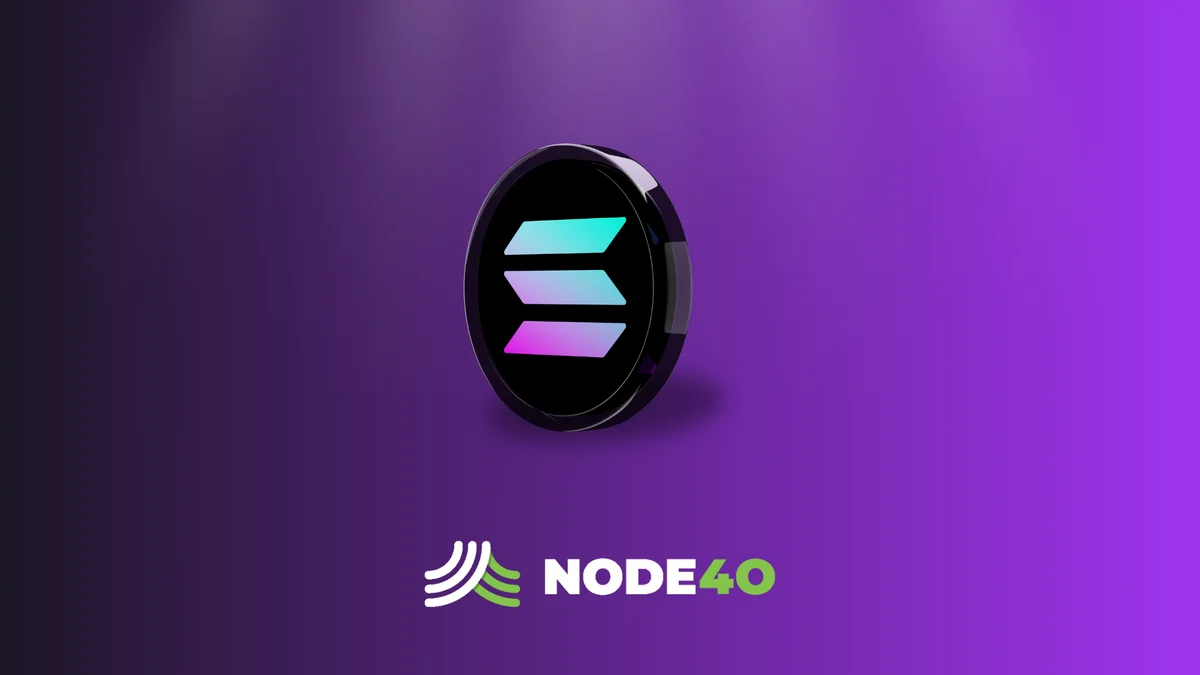For businesses operating on Solana, the need for accurate transaction tracking is more than a matter of good bookkeeping—it’s essential for thriving in a rapidly evolving blockchain ecosystem. Solana, while efficient and scalable, presents unique challenges when tracking and reconciling transactions. Even high-revenue participants struggle to account for their financial activities without the right tools.
At NODE40, we’ve worked closely with businesses navigating these complexities, and one thing is clear: precise transaction tracking is a necessity, not an option.
The Complexity of Solana Transactions
Solana’s high throughput and rapid block times make it a powerhouse for decentralized applications, but its attractive characteristics also complicate transaction tracking. Some operations on Solana generate tens of thousands of micro-transactions daily, leading to data sets that are impossible to reconcile manually or manage in spreadsheets.
For some context, as of September 2024:
- New Block frequency: 1 every ~400ms
- Transactions per second (TPS): 3,200 (although more is possible)
- Transactions to date: 321 billion
- Tokens created each day (including NFTs): 10-20K
- Blockchain size on disk: 250–300 terabytes
This level of activity poses challenges that can seem insurmountable for those who need to track, categorize, and reconcile each transaction for accounting and compliance purposes.
Risks of Poor Transaction Tracking and Why They Matter
- Regulatory non-compliance: Inconsistent or incomplete tracking can result in tax reporting differences and imposed penalties.
- Inaccurate financial reporting: Underreporting or overreporting income is more likely, leading to issues with existing investors or tax authorities and difficulty raising money.
- Operational inefficiencies: Unclear financial records make it difficult to manage day-to-day operations, plan for growth, or allocate resources effectively.
The unique complexities of Solana amplify these risks. For example, validators—key participants in the Solana network—receive revenue from several sources: staking rewards, transaction fees, tips, and sometimes network incentives. They also have material expenses through voting and other fees paid to the network. Tracking each of these income streams and expenses is necessary to understand how well or poorly you are performing, yet without a system in place to do so, many validators struggle to get a complete picture of their earnings.
A Real-World Example
At NODE40, we were approached by a large validator with precisely these challenges. With revenues coming in from various streams, they found it nearly impossible to reconcile their earnings manually. Our solution? Dive deep into the inner workings of Solana transactions and key programs that impact revenue and expenses. Then, enhance our programmatic reconciliation tool specifically to support the unique operations of Solana validators. Finally, each micro-transaction is tracked, and all activity is distilled down to clean and easy-to-understand auditable reports.
It’s not just validators who benefit from automated transaction tracking—delegators face similar hurdles. Delegators often stake their SOL across multiple validators, each yielding distinct rewards. Manually tracking these rewards and reconciling them with transaction histories becomes overwhelming in weeks, not years.
The Value of Programmatic Solutions
A comprehensive transaction tracking solution is the key to overcoming these challenges. At NODE40, our tools are designed for complex, high-volume ecosystems like Solana. By providing detailed insights into income, expenditure, and network activity, we help businesses maintain accurate records and focus on growth.
In an environment as fast-moving and complex as Solana, automation isn’t just helpful—it’s essential. Proper tracking of transactions can make the difference between scaling successfully or becoming bogged down by operational inefficiencies.
